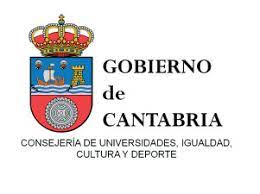Visión de filósofos en primitiva literatura castellana
Keywords:
Medieval literature, Ancient philosophy, PlatónSynopsis
Marcelino Menéndez Pelayo pointed out in Orígenes de la no-vela that a literary genre coming from the East, which arrived in Spain through the Arabs, had exerted a noticeable influence on the literature being written in the Iberian Peninsula from the thir te-en century onwards. The genre conveyed a wisdom of a practical nature, it was a wisdom that took the form of sententious apho-risms, which were assigned to educate princes and the people in ge-neral. Maxims and proverbs were put into the mouth of philoso phers and sages from Antiquity.
In the Arab world this type of literature permeated a great number of different aspects of their culture, such as popular ethics, folklore, adab literature and philosophy, and it came to be an ex-pression of the cultural attitudes of a people and an era. It inclu-ded biographies of sages from Antiquity as well as Islamic ones, in which, together with an outline of the character, ornated with scar-cely credible anecdotes, there are sentences and sayings imputed to the author, but which can be traced to their Greek sources, defacing in many instances the true personality of the philosopher. These are usually short, reticent sentences, didactic in form, in which such matters as health, welfare and happiness, rules of behaviour, vir-tues and vices, power and authority, man’s destiny and, in a ge-neral manner, wisdom itself, are dealt with.
Some of these texts served as a starting point and paradigm for medieval Castilian literature, wisdom is presented in them as the sum total of human knowledge or as a repertoir of the private pro-perty of those who attain wisdom. Within this idea of knowledge, the philosopher is perceived as the perfect sage. Different visions of philosophers from Antiquity were given, which little coincide with the reality of what historical research admits.
Some general features of these philosophers, found in those texts, are considered in these pages, and doctrines and ideas attributed to them are commented. As a paradigm of these descriptions, the name of Plato furnishes the best model.






